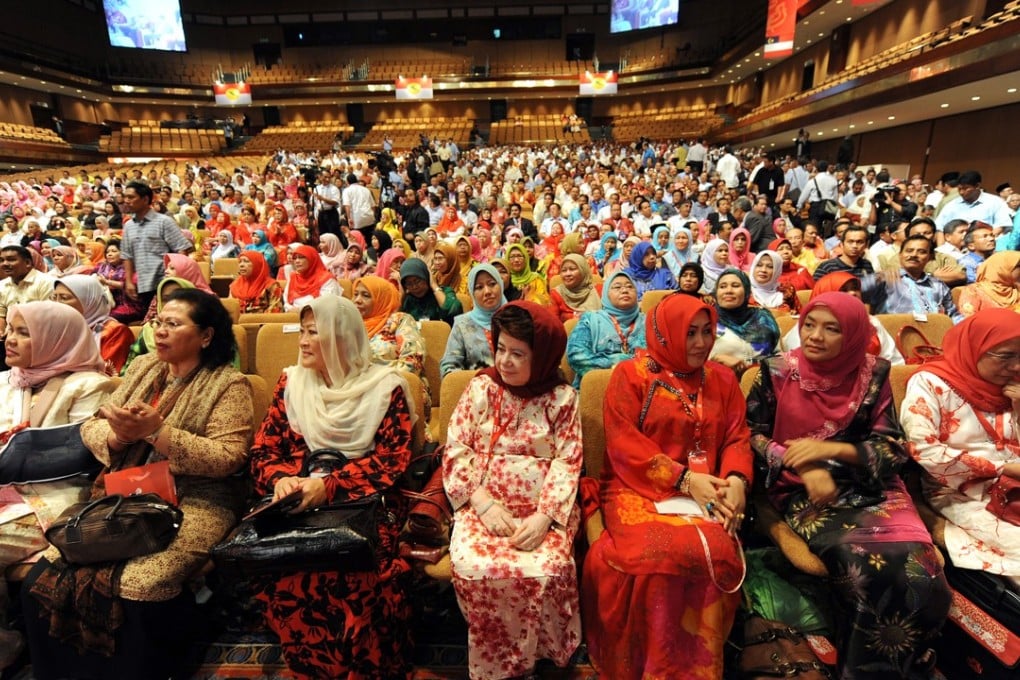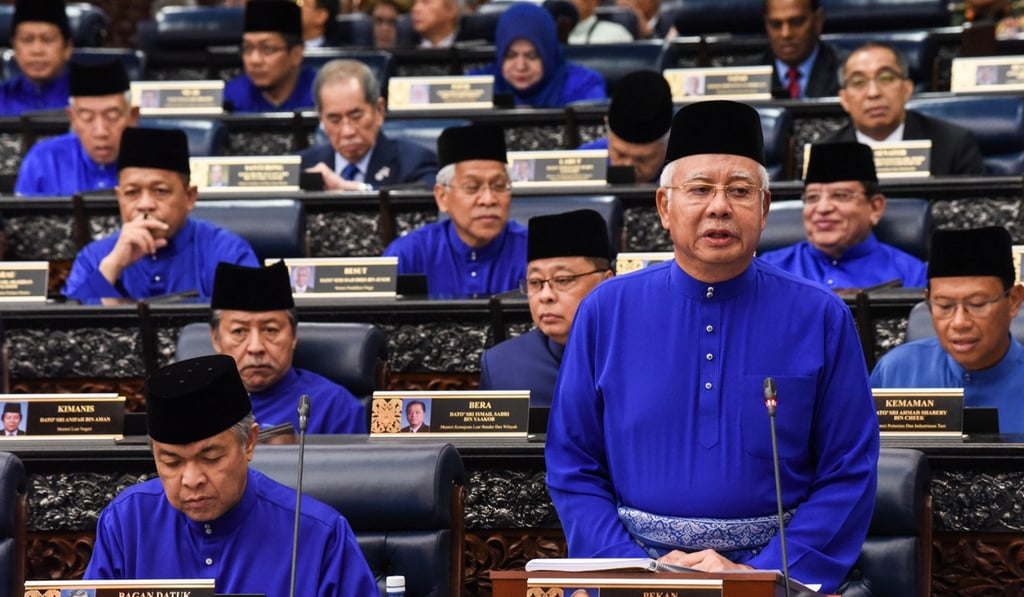What Malaysia really needs to do to empower women, according to rights activists
Prime Minister Najib Razak made 2018 Women Empowerment Year, but its goals are not new; activists say empowerment means tackling discrimination and harassment and acknowledging women’s burden of care in the home

Malaysia has a poor track record when it comes to gender equality, so it was a surprise when Prime Minister Najib Razak declared 2018 Women Empowerment Year.
“Women play a very important role in the well-being of family and national development,” he told parliament in October, on the day the budget was announced. The year would be dedicated to “recognising women’s contribution” to the economy, he said.
Among the measures Najib proposed were 90 days’ maternity leave for women in the private sector, childcare benefits, and funding for women entrepreneurs. He said all public and government-linked private bodies should set a 30 per cent quota for female representation in decision-making positions by the end of this year.
Despite more women entering the Hong Kong workforce, few make it to senior management positions
Activists and academics generally applauded Najib’s speech. The Women’s Aid Organisation, a Malaysian non-government organisation, or NGO, welcomed a proposed M$20 million (US$5.2 million) funding provision for women entrepreneurs. But many groups remain sceptical that the prime minister’s words will bring about real change.
Najib is not the first Malaysian leader to champion female-oriented policies, and his proposals are in line with goals already laid down in the past. Yet, despite the familiar rhetoric, female political representation in the country remains weak.

The high point for female representation in the national legislature is 11 per cent; only three of the 37 members of Najib’s cabinet are women. Neighbouring Indonesia performs better, with 19.8 per cent of legislators women, and the Philippines even better, with nearly 30 per cent of legislators women; in Singapore, the figure is 24 per cent, according to World Bank data.
